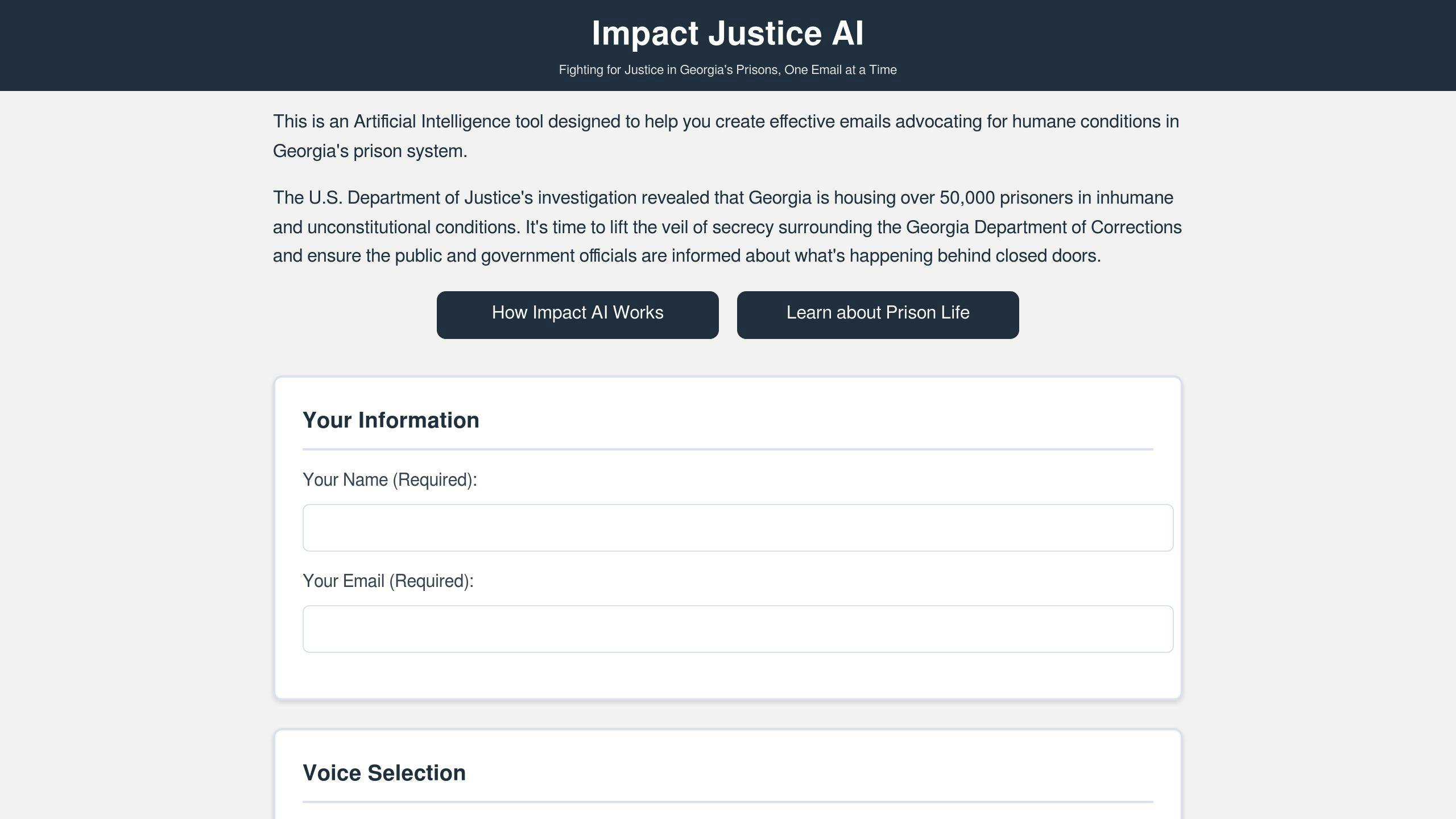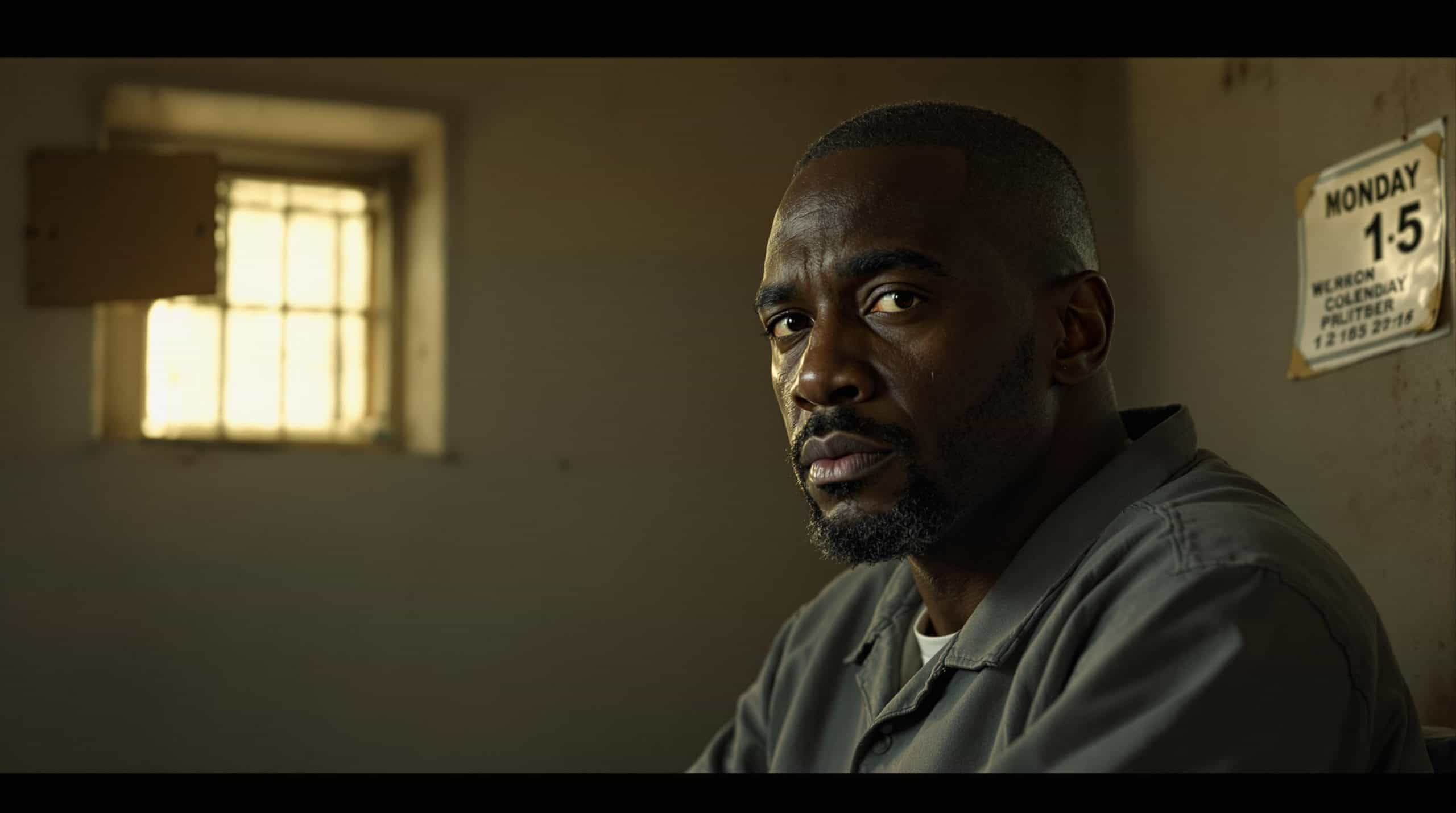Clarence Harrison spent nearly 18 years in prison for crimes he didn’t commit due to a flawed photo lineup and unreliable eyewitness testimony. In 2004, DNA evidence – unavailable during his trial – proved his innocence, making him the first person exonerated by the Georgia Innocence Project. His case highlights systemic flaws in the justice system, including the misuse of eyewitness testimony and lack of access to modern forensic tools. Organizations like the Georgia Innocence Project play a critical role in overturning wrongful convictions and supporting exonerees like Harrison in rebuilding their lives.
- Crime: Kidnapping, rape, robbery (1986, Decatur, Georgia)
- Conviction: Based on eyewitness identification; sentenced to life in 1987
- Exoneration: DNA evidence cleared him in 2004 after 17 years and 9 months in prison
- Impact: Showcased issues with eyewitness testimony and sparked justice reform efforts
- Support: Georgia Innocence Project has freed 11 individuals, reclaiming 252 years of wrongful imprisonment
This story underscores the urgent need for justice reform and the importance of advocacy groups in addressing wrongful convictions.
Exonerated – Clarence Harrison, 17 Years In A Georgia Prison For A Crime He Did Not Commit
Clarence Harrison’s Case: A Closer Look
The Crime and Investigation
On October 25, 1986, a 25-year-old woman was attacked while walking to a bus stop in Decatur, Georgia. She was physically assaulted and sexually attacked multiple times before managing to escape. During the ordeal, the attacker also stole her watch [1].
Authorities focused on Clarence Harrison as a suspect for two main reasons. First, he lived near the location of the attack. Second, a tip claimed someone at Harrison’s residence was trying to sell a watch. Although the stolen watch was never recovered, both the assault survivor and the tipster identified Harrison from a photo lineup. This identification became the backbone of the prosecution’s case [1].
The Trial and Time in Prison
Harrison’s trial ended on March 18, 1987, with a guilty verdict. The prosecution relied heavily on the eyewitness identification from the photo lineup. At the time, DNA testing wasn’t available to analyze the biological evidence collected at the scene. Harrison was sentenced to life in prison [1].
For nearly 18 years, Harrison maintained his innocence. In February 2003, he took a critical step by writing to the Georgia Innocence Project, seeking help to prove his case [1][3].
How DNA Evidence Cleared Harrison
The turning point came thanks to interns from Georgia State University College of Law and Emory University School of Law, working with the Georgia Innocence Project. They uncovered intact slides from the original rape kit, which had been thought destroyed [1][3].
Modern DNA testing definitively proved Harrison’s innocence. On August 31, 2004, after serving 17 years and 9 months in prison, he was released [1]. To acknowledge the mistake, the state of Georgia awarded Harrison a one-million-dollar compensation package, paid as an annuity over twenty years [1].
Harrison’s case underscores not only the devastating impact of wrongful convictions on individuals but also the broader flaws in the justice system that make such errors possible.
The Effects of Wrongful Conviction
Emotional and Mental Struggles
Clarence Harrison endured immense psychological pain during his nearly 18 years of wrongful imprisonment. What began as shock turned into enduring trauma, leaving emotional scars that persisted long after his release. His imprisonment severed family ties – his wife divorced him, and his children stopped visiting, leaving him to face his struggles alone [1][7].
Reflecting on his experience, Harrison shared:
"I was still crying about my innocence", [7]
To survive emotionally, he dedicated himself to proving his innocence. Writing letters and making phone calls became his lifeline, giving him purpose during those dark years [7].
Life After Exoneration
After nearly two decades behind bars, Harrison faced the daunting task of reentering a world that had moved on without him. Like many exonerees, he encountered major hurdles: finding work with a significant gap in his employment history, navigating modern technology, rebuilding relationships, and achieving financial stability. Although he was awarded $1 million in compensation, paid over 20 years, this financial support could not erase the challenges or the pain he endured [1][7].
Despite these difficulties, Harrison displayed incredible resilience. He found love and remarried soon after his release, signaling his determination to rebuild his life [1][7]. His case highlights a sobering reality – Georgia alone is estimated to have 2,000 innocent individuals still imprisoned [5].
Organizations like the Georgia Innocence Project have recognized that exonerees need more than legal aid. These groups now offer emotional and practical support to help individuals like Harrison navigate life after exoneration [3][5].
Harrison’s story shines a spotlight on the personal toll of wrongful convictions and the systemic flaws that allow such injustices. It also emphasizes the critical role of advocacy groups in helping exonerees rebuild their lives and regain their footing in a world that left them behind.
sbb-itb-25113a2
Problems in the Justice System
Issues with Eyewitness Testimony
Eyewitness testimony often carries weight in courtrooms, but it’s far from foolproof. According to the National Registry of Exonerations, it has played a role in 27% of DNA-based exonerations [1][3]. Mistakes in memory, the influence of leading questions, and unconscious biases can all distort the accuracy of identifications. For example, in Harrison’s case, the victim’s identification during a flawed photo lineup process contributed to his wrongful conviction [1][3].
The Lack of DNA Testing in the Past
Before DNA testing became available, courts leaned on less reliable forms of evidence, leaving innocent people with little chance to prove their innocence. Since 1989, DNA testing has cleared over 375 individuals, with each case averaging nearly four years of wrongful imprisonment. The Georgia Innocence Project has shown how modern forensic tools can breathe new life into cases that had previously been closed [3][5].
The Role of Advocacy Groups
Groups like the Georgia Innocence Project play a key role in addressing these injustices. They not only work to free the wrongfully convicted but also advocate for systemic changes, such as refining eyewitness identification procedures, expanding access to DNA testing, and improving evidence preservation [3][5]. Without their efforts, cases like Harrison’s might have remained unresolved.
"I just kept hoping that science had advanced enough", Harrison said, emphasizing the importance of advocacy groups in connecting inmates with cutting-edge forensic advancements [6].
These organizations shine a light on how many people remain imprisoned due to wrongful convictions. Their work underscores the importance of systemic reform and the need for collective efforts to ensure justice is both fair and accurate.
How to Support Justice Reform
Why Justice Reform Is Needed
The issue of wrongful convictions demands immediate attention. It’s estimated that 4% of incarcerated individuals are innocent of the crimes they were convicted for. In Georgia alone, this means around 2,000 people are unjustly behind bars [5]. These aren’t just numbers – they represent lives upended, families shattered, and justice denied.
Take Clarence Harrison, for example. His story underscores the deep flaws in the system and highlights the urgent need for reform. Tools like Impact Justice AI are helping advocates push for these necessary changes.
Using Impact Justice AI for Advocacy

Impact Justice AI is a game-changer for justice reform advocates. This platform allows users to craft personalized, impactful emails aimed at decision-makers within Georgia’s prison system. Key features include:
- Customizable tools for advocacy campaigns
- Direct connections to government officials
- Privacy-focused data handling with delivery confirmation
This tool makes it easier than ever to amplify your voice and demand change.
Ways to Get Involved
Justice reform needs more than just digital tools – it requires community action and personal involvement. Aileen Maxwell, Director of the Georgia Innocence Project, highlights the organization’s commitment to thorough case reviews:
"It takes us at least eight months to read all the documents and investigate a case. We’re very serious about our screening process" [6].
Here’s how you can contribute to this vital cause:
- Use Impact Justice AI to advocate for change directly
- Volunteer with the Georgia Innocence Project
- Attend local events or contact your representatives
Since 2003, the Georgia Innocence Project has received over 1,800 letters from individuals claiming innocence [6]. Each letter represents a case that requires meticulous review, showing just how critical public support and involvement are in the fight for justice reform.
Conclusion
Lessons from Clarence Harrison’s Case
Clarence Harrison’s wrongful conviction sheds light on systemic issues that lead to miscarriages of justice. As the first person exonerated through the efforts of the Georgia Innocence Project, his case underscores how unreliable eyewitness testimony plays a major role in wrongful convictions – accounting for 70% of such cases [4].
Spending 17 years behind bars for a crime he didn’t commit is not only a personal tragedy but also a wake-up call for reform. His story highlights the urgent need for accessible forensic tools and broader systemic changes. While progress has been made, Harrison’s case is a stark reminder that there’s still a long way to go [6].
Steps Toward Justice Reform
Harrison stresses the importance of understanding the legal system, saying:
"You need to know how the system works" [2].
Modern tools like Impact Justice AI have made it easier for individuals to push for change. Harrison’s exoneration demonstrates how advocacy can spark transformation, showing why resources like these are critical for amplifying reform efforts. Each wrongful conviction is not just a statistic – it’s a preventable tragedy and a call for action.
Organizations like the Georgia Innocence Project prove that advocacy, whether through digital tools or grassroots initiatives, can lead to freedom for the innocent and push for meaningful reform. Behind every case is a human story, and Harrison’s experience reminds us that justice delayed is justice denied.
